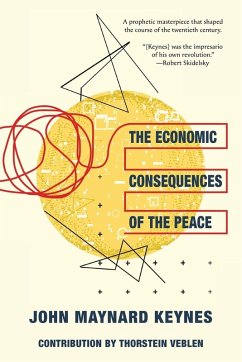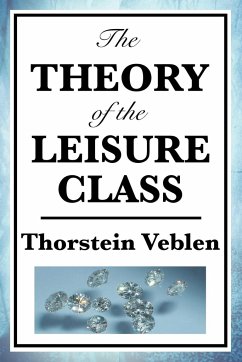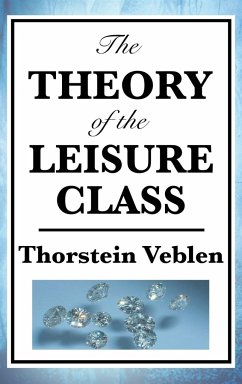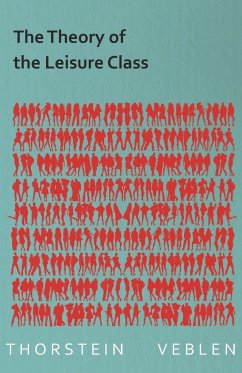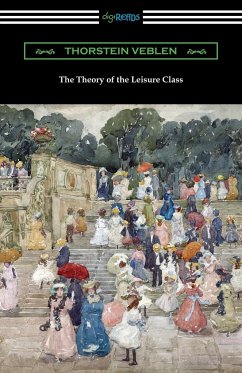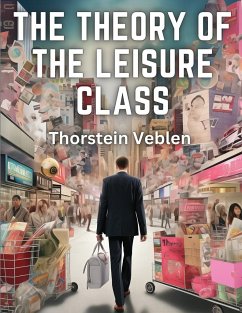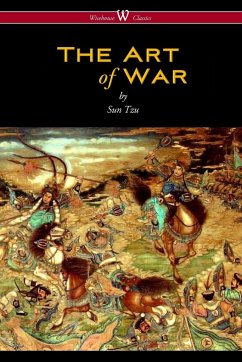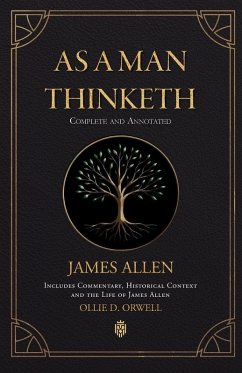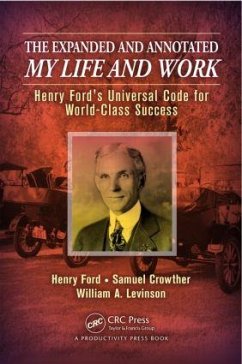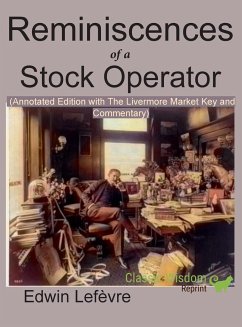
The Theory of the Leisure Class (Warbler Classics Annotated Edition)
Versandkostenfrei!
Versandfertig in 1-2 Wochen
13,99 €
inkl. MwSt.

PAYBACK Punkte
7 °P sammeln!
During America's Gilded Age, economist Thorstein Veblen published The Theory of the Leisure Class (1899), a critique of the era's new wealth and the behaviors it inspired. Veblen argued that both the old elite and the rising class of industrialists indulged in "conspicuous consumption" and "conspicuous leisure"-lavish displays of wealth and idleness designed not for utility, but to project status. These practices, Veblen claimed, were inherently wasteful: they diverted resources toward ornamental activities that did little to advance society, encouraging a culture where appearances mattered mo...
During America's Gilded Age, economist Thorstein Veblen published The Theory of the Leisure Class (1899), a critique of the era's new wealth and the behaviors it inspired. Veblen argued that both the old elite and the rising class of industrialists indulged in "conspicuous consumption" and "conspicuous leisure"-lavish displays of wealth and idleness designed not for utility, but to project status. These practices, Veblen claimed, were inherently wasteful: they diverted resources toward ornamental activities that did little to advance society, encouraging a culture where appearances mattered more than real progress. The Theory of the Leisure Class proved both popular and controversial, becoming a bestseller that financially supported Veblen for years. Its ideas resonated beyond economics: terms like "conspicuous consumption" entered common language, and economists still use "Veblen goods" to describe items, like luxury cars or designer clothing, whose desirability rises with price. Veblen's influence also played a role in the practical politics of the New Deal era, offering a rationale for policies aimed at redistributing wealth and regulating business. Veblen's influence on John Kenneth Galbraith-another economist who challenged the assumptions of consumer-driven capitalism-is especially notable. This Warbler Classics edition includes a hilarious, scathing critique of Veblen by famous public intellectual and contrarian H. L. Mencken as well as a brief biographical essay on Veblen's life and work.




